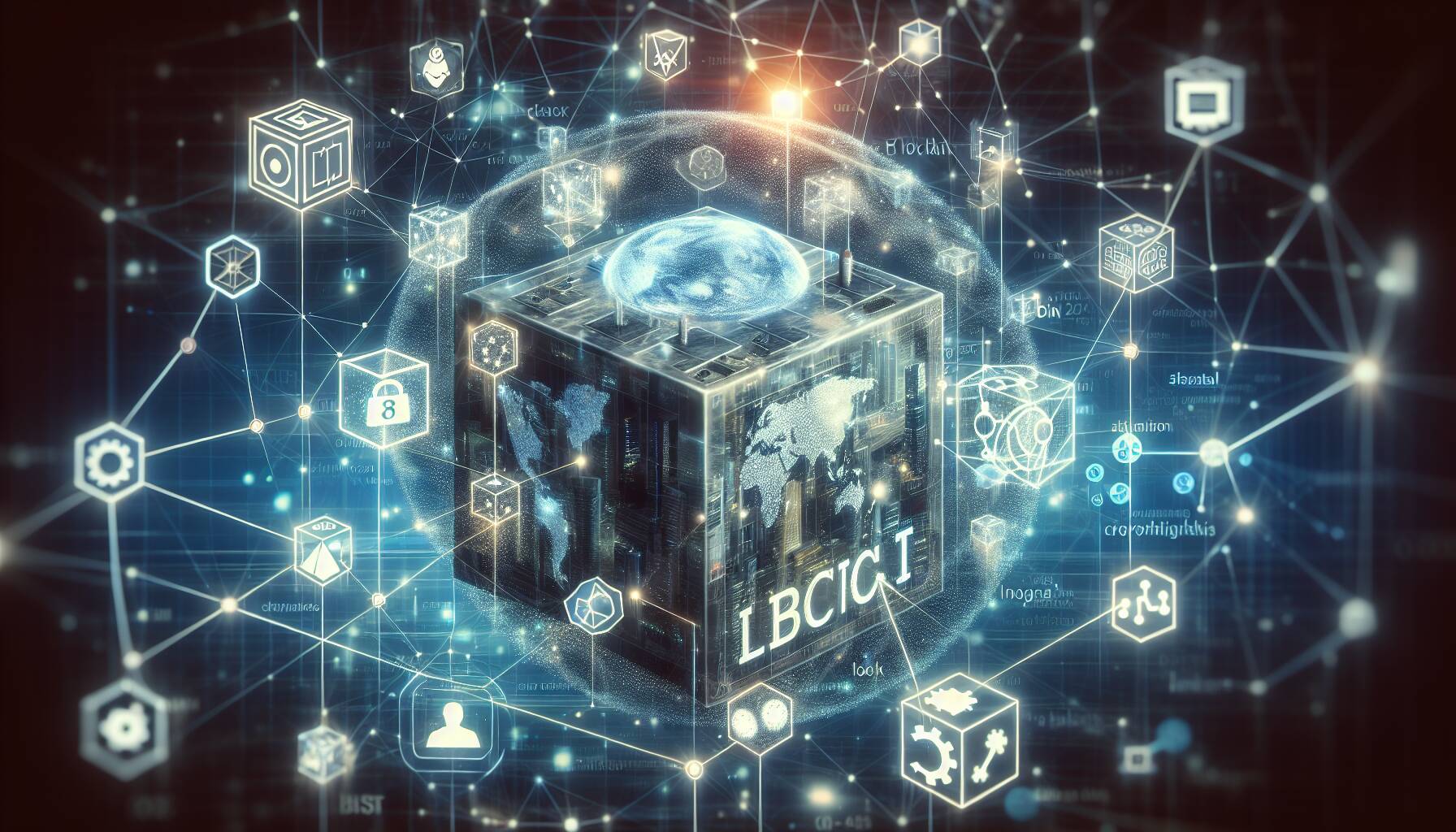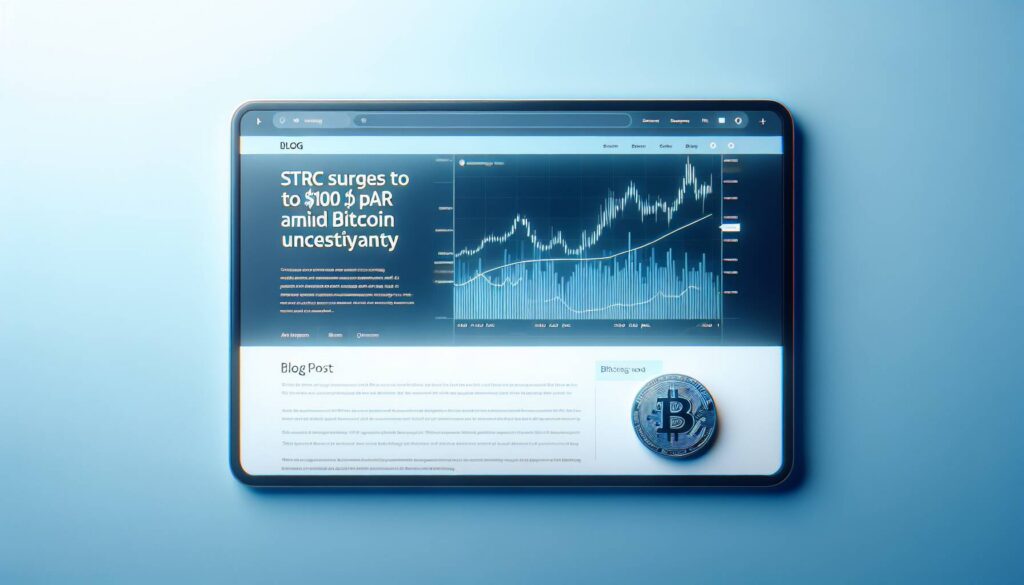In a significant move set to reshape the intersection of industrial technology and blockchain, Siemens, Europe’s largest industrial technology firm, is collaborating with Minima, a pioneer in decentralized ledger technology specifically designed for the Internet of Things (IoT). This partnership aims to embed blockchain functionalities into Siemens’ devices across key sectors including automotive, robotics, and energy. Announced in a press release on Tuesday, this collaboration is backed by Siemens’ Cre8Ventures division, which is dedicated to fostering innovation through partnerships with startups in artificial intelligence, digital twins, and cybersecurity.
The evolution towards edge computing is prompting companies to prioritize security and data integrity within their devices, making IoT-level blockchains increasingly relevant. According to Minima CEO Hugo Feiler, this partnership represents a notable shift in perspective. While blockchain has often been seen as a tool for decentralization that challenges traditional enterprises, Feiler emphasizes that as functionalities are distributed to the edges of networks, even large corporations must embrace decentralized systems to ensure reliability.
“Decentralization is not just cutting them out as middlemen, it’s also enabling them to get further out into the world to deliver the service,” Feiler explained in a recent interview.
This partnership builds on Minima’s recent collaboration with semiconductor giant ARM, as they work together to develop a microchip embedded with decentralized ledger technology. The implications of this initiative are significant, particularly in light of the EU Chips Act introduced in 2022, which aims to diminish dependence on foreign chip manufacturers. Minima’s innovation is expected to enhance the sovereignty goals of this act.
With Minima’s technology, IoT devices can operate full nodes, meaning they can interact with blockchain networks independently, eliminating the need for outside servers or centralized intermediaries. This fundamental capability aims to enhance security, data integrity, and trust verification without the risks associated with central points of failure. A Siemens representative noted that this collaboration will introduce cutting-edge AI capabilities alongside decentralized trust mechanisms to the Siemens Cre8Ventures Digital Twin Marketplace, further solidifying the role of blockchain in the future of industrial technology.

Siemens Partners with Minima to Integrate Blockchain in IoT Devices
Siemens, a leading name in industrial technology, is embracing blockchain technology in collaboration with Minima to enhance the functionality and security of IoT devices. Below are the key points of this significant development:
- Collaboration for Innovation:
- Siemens is partnering with Minima, focusing on integrating blockchain technology into various sectors including automotive, robotics, and energy.
- This initiative is part of Siemens’ Cre8Ventures, aimed at accelerating industrial transformation through startup collaborations.
- Decentralization Meets Large Enterprises:
- Blockchain technology, traditionally seen as decentralized, is now crucial for large enterprises, providing resilience and data integrity.
- Minima’s CEO emphasizes the importance of decentralized systems for large companies that need to extend their services effectively and securely.
- Edge Computing Evolution:
- The shift towards edge computing comes with a heightened need for security in IoT devices, which is where blockchain becomes vital.
- IoT-level blockchains help maintain data integrity and security at the network’s edge, essential for modern applications.
- Enhancing Semiconductor Sovereignty:
- Minima’s partnership with Siemens supports the EU Chips Act objectives, which aims to reduce dependence on non-EU chip manufacturers.
- Development of microchips with embedded decentralized ledgers will fortify the technological sovereignty of the European Union.
- Decentralization Benefits:
- Enables IoT devices to operate as full blockchain nodes, providing autonomy and diminishing reliance on external servers.
- This approach eliminates central points of failure, ensuring robust security and trustless verification for IoT systems.
- AI and Digital Twin Integration:
- The collaboration will introduce advanced AI capabilities and data integrity mechanisms into Siemens’ Digital Twin Marketplace.
- This innovation fosters enhanced application and service delivery within the industrial sector.
“The ability for these large enterprise companies to run a decentralized system is mission critical for them… enabling them to get further out into the world to deliver the service.” – Hugo Feiler, CEO of Minima
These developments not only signal a transition towards enhanced security and efficiency in industrial processes but also highlight how technological advancements in decentralization can empower consumers and businesses alike by fostering greater autonomy and resilience in data management.
Siemens Partners with Minima for Blockchain-Enabled IoT Solutions
Siemens’ recent collaboration with the blockchain startup Minima is marking a significant evolution in the landscape of industrial technology. The marriage of Siemens’ extensive reach in the automotive, robotics, and energy sectors with Minima’s innovative decentralized ledger technology (DLT) offers compelling advantages that could reshape operational modalities industry-wide. This partnership capitalizes on key competitive advantages, but there are potential challenges that might arise from this collaboration.
Competitive Advantages: The integration of blockchain technology into Siemens’ devices allows for unparalleled data integrity and security. As more computing processes shift towards edge computing, ensuring the resilience of IoT devices becomes crucial. Siemens, with its established infrastructure and market presence, stands to enhance its service delivery capabilities while minimizing risks associated with central server failures. This decentralization effectively empowers large enterprises to maintain autonomy and control over data, thus fostering greater trust with end customers. Furthermore, the initiative aligns with EU goals regarding sovereignty in chip production, potentially reducing dependence on external suppliers, which could be a significant boon for European tech independence.
Competitive Disadvantages: However, the adoption of blockchain technology in enterprise settings is not without complexities. While decentralization offers many benefits, it might disrupt existing operational paradigms that rely on centralized systems for efficiency and speed. Large enterprises, accustomed to traditional frameworks, may face a steep learning curve in adapting to this new model. Additionally, as Siemens collaborates more closely with a startup, it could risk diluting its control over product direction and execution, which may lead to potential friction as market dynamics evolve.
This partnership is particularly advantageous for industries demanding enhanced security measures, such as automotive manufacturers looking to protect vehicle data, or energy companies needing to secure the integrity of their operations. On the flip side, companies entrenched in conventional data management might struggle to adapt to this transformative approach, which could lead to operational disruptions as they reevaluate their long-standing processes. Overall, while Siemens and Minima’s collaboration heralds an exciting new era in IoT integration, the path forward will require careful navigation to balance innovation with practicality.

















